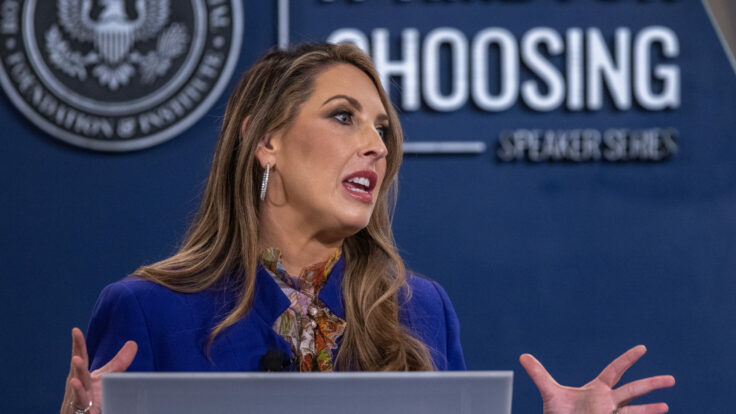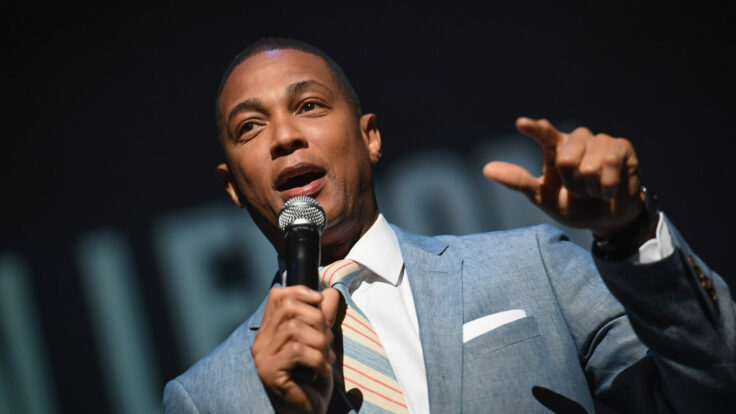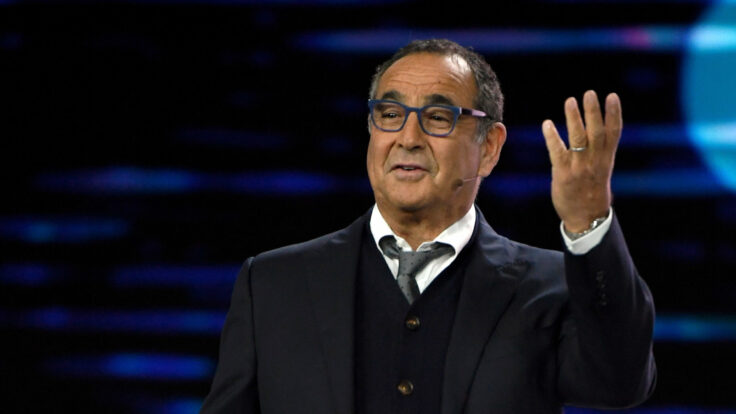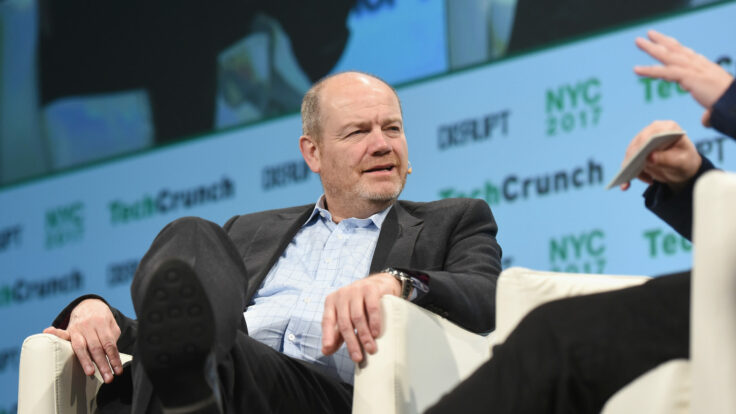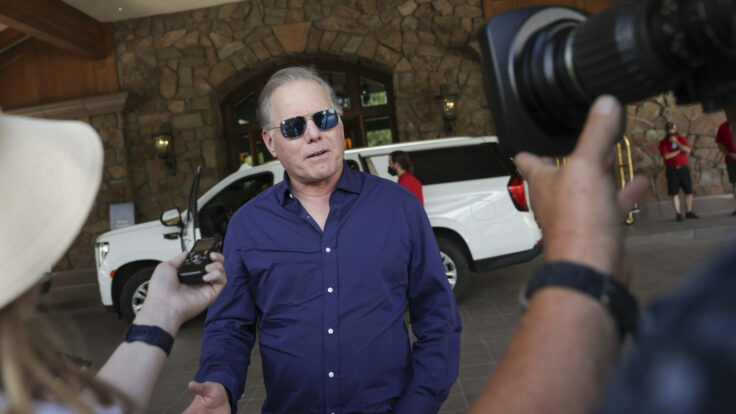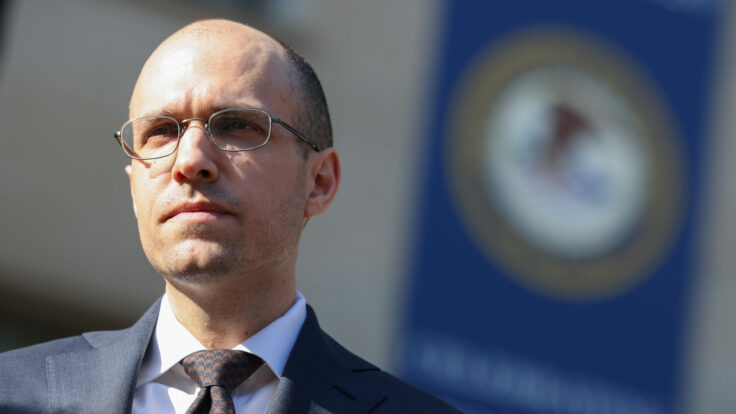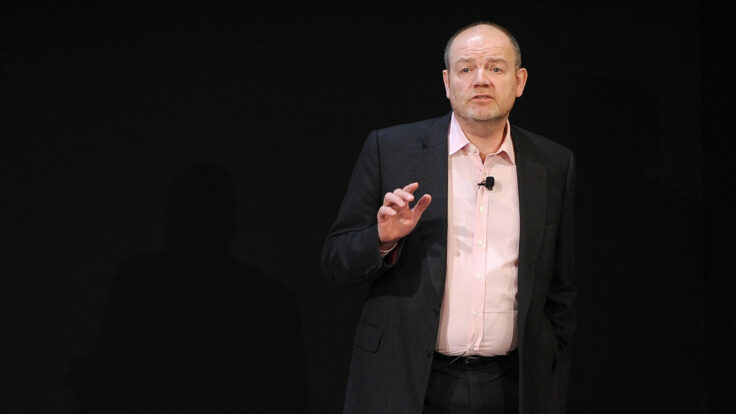“Damnit, Fred, I’m trying to help you,” Robert Allbritton told me on Thursday, laughing. The Washington heir and longtime media proprietor was reacting to a New Yorker article published earlier that day about Fred Ryan, the Washington Post publisher and C.E.O. who, after a decade of presiding over record growth, is now bearing the blame for the paper’s well-documented malaise.
The New Yorker piece was merely the latest meditation on the turmoil. As I’ve been reporting since last summer, many current and former Post employees blame Ryan, fairly or not, for failing to sustain the paper’s growth in the post-Trump, post-Marty Baron era and, more broadly, blame him for failing to transform the politics-centric Beltway journal into a multifaceted, always-on lifestyle content friendly holding company, à la The New York Times—a failure that has resulted in revenue shortfalls, leadership tensions, a talent exodus, a relatively small round of layoffs and, most recently, a surprise visit from the paper’s owner, Jeff Bezos.







